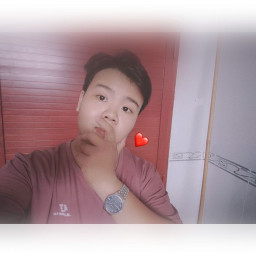I, Passive voice
1, Tom delivers the mail every day.
→→ The mail is delivered by Tom every day.
2, Mr.John manages the export division.
→→ The export division is managed by Mr.John
3, The students attended the lecture.
→→ The lecture was attended by the students.
4, The movie disappointed us very much.
→→ We were disappointed by the movie
5, The police easily captured the thief.
→→ The thief was easily captured by the police
6, John is calling the other members.
→→ The other members are being called by John
7, The company is developing a new procedure.
→→ A new procedure is being developed by the company.
8, My father is washing the car.
→→ The car is being washed by my father.
9, Martha was delivering the documents to the department.
→→ The documents were being delivered to the department by Martha.
10, A French architect was designing the place.
→→ The palace was being designed by a French architect
11, Beth has finished the report.
→→ The report has been finished by Beth
12, Somebody has taken my briefcase.
→→ My briefcase has been taken.
13, She has finished the report at noon.
→→ The report has been finished by noon
14, John will receive the papers tomorrow.
→→ The papers will be received by John tomorrow.
15, Somebody will call Mr. Brown tonight.
→→ Mr. Brown will be called tonight.
16, They will build a new bridge near my house next year.
→→ A new bridge will be built near my house next year.
17, They will widen the road to our village.
→→ The road will be widened to our village
18, The company is going to develop a new procedure.
→→ A new procedure is going to be developed by the company
19, The students are going to plant trees here.
→→ The trees are going to be planted by the students here.
20, My mother is going to sell this house.
→→ This house is going to be sold by my mother.
21, They may discuss the programs again.
→→ The programs might be discussed again
22, They should place matches out of reach of children.
→→ The matches should be placed out of reach of children.
23, They can gain nothing without effort.
→→ Nothing can be gained without effort.
24, People must conserve natural resources.
→→ Natural resources must be conserved.
25, People thought that she is a robber.
→→ She is thought to be a robber.














